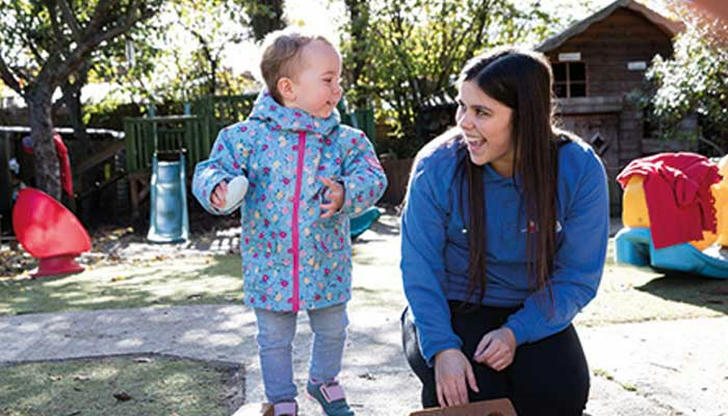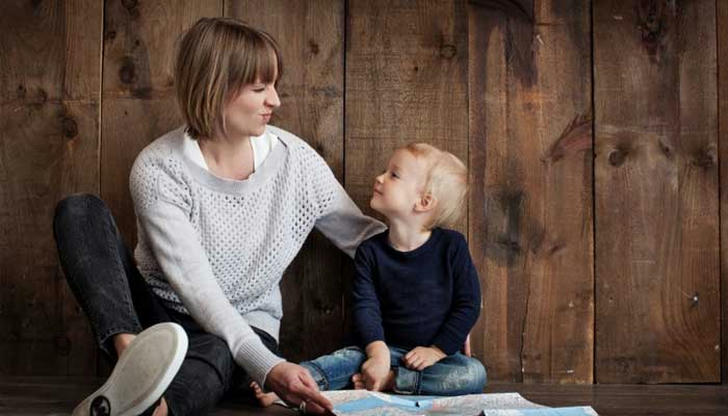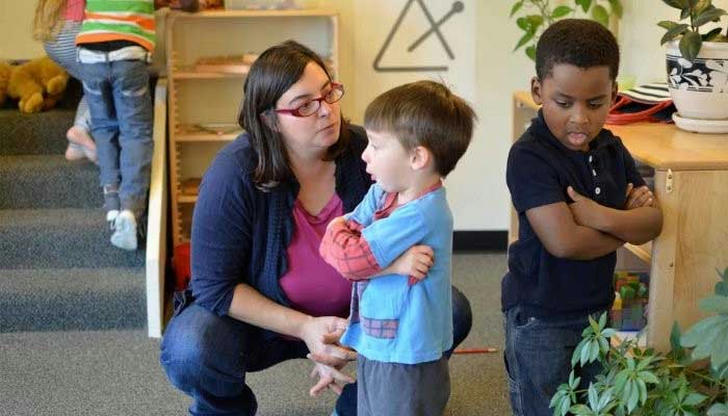10 Positive Strategies to Foster Social Skills in Children

As parents, we often find ourselves navigating the complex world of raising children. One of the most crucial aspects of this journey is helping our little ones develop strong social skills. Social competence not only enhances a child's ability to make friends and interact with others but also lays the groundwork for future success in both personal and professional realms. In this article, we will explore various positive parenting strategies that can effectively boost your child's social abilities in a fun and engaging way.
The Power of Empathy

Empathy is the cornerstone of social interaction. Teaching your child to understand and share the feelings of others can significantly enhance their social skills. Start by encouraging your child to recognize emotions in themselves and others. Use everyday situations—like reading a story or watching a movie—to discuss how characters might feel in different scenarios. Ask questions like, "How do you think that made them feel?" This not only fosters emotional intelligence but also opens up avenues for meaningful conversations about feelings.
Mastering Communication Skills

Effective communication is essential for building relationships. Encourage your child to express their thoughts and feelings openly. Create a safe space where they feel comfortable sharing their ideas without fear of judgment. Engage in active listening by giving them your full attention when they speak. You might say, "I'm listening; please tell me more!" This practice not only validates their feelings but also models good communication skills, teaching them the importance of listening as much as speaking.
Socializing Through Playdates

One of the best ways to enhance social skills is through playdates with peers. Organizing regular interactions with other children allows your child to practice their social abilities in a relaxed environment. Choose activities that encourage collaboration, such as building a fort or playing team sports. These experiences teach children how to negotiate, share, and resolve conflicts—all vital components of effective social interaction.
Setting Boundaries and Expectations

Children thrive on structure and routine, so establishing clear rules and boundaries can significantly impact their social development. Discuss what behaviors are acceptable and what aren't, helping them understand societal norms. For instance, explain why saying "please" and "thank you" is important in social settings. Reinforcing these rules consistently will help your child navigate social situations with confidence.
Encouraging Teamwork

Team activities are fantastic for teaching children how to work collaboratively with others. Whether it's joining a sports team, participating in a music group, or engaging in community service, these experiences foster a sense of belonging and teamwork. Encourage your child to take on different roles within the group—sometimes as a leader and sometimes as a supporter—to help them appreciate diverse perspectives.
Modeling Positive Behavior

Children are natural imitators; they learn by observing those around them. As parents, we have the unique opportunity to model positive social behaviors. Demonstrate kindness, respect, and effective conflict resolution in your interactions with others. For instance, when you encounter a disagreement with someone, verbalize how you're handling it: "I feel frustrated right now, but let's talk about this calmly. " This not only teaches problem-solving skills but also shows your child how to navigate challenging social situations gracefully.
Emotional Regulation Tools

Teaching emotional regulation is crucial for helping children manage their feelings in social contexts. Equip your child with tools to handle emotions like frustration or sadness. Techniques such as deep breathing or counting to ten can be effective strategies for calming down before responding to a situation. Role-playing different scenarios where they might feel overwhelmed can also prepare them for real-life situations.
Positive Reinforcement

Children respond well to encouragement and praise. When you notice your child exhibiting good social behavior—like sharing their toys or helping a friend—be sure to acknowledge it! You might say, "I'm so proud of you for sharing your toys today; that was very kind!" This positive reinforcement boosts their self-esteem and motivates them to continue practicing good social habits.
Creating a Safe Environment

A nurturing home environment fosters healthy emotional development. Make sure your child knows that they are loved and supported unconditionally. This foundation of trust allows them to explore relationships outside the home without fear of failure or rejection. Encourage open dialogue about their friendships and any challenges they face; knowing they have your support will empower them to tackle social situations more confidently.
Teaching Conflict Resolution

Conflict is an inevitable part of life; teaching your child how to handle disagreements constructively is vital for their social development. Role-play different scenarios where conflicts may arise—like sharing toys or differing opinions—and guide them through problem-solving steps: identifying the issue, expressing feelings calmly, listening to other's perspectives, and finding a compromise. These skills will serve them well throughout their lives.
Conclusion
Fostering social skills in children is an ongoing journey that requires patience, creativity, and dedication from parents. By employing these positive parenting strategies—emphasizing empathy, communication, teamwork, and emotional regulation—you can equip your child with the tools they need to navigate the complexities of social interactions successfully. Remember that every child develops at their own pace; celebrate their progress along the way! With your guidance and support, they will grow into confident individuals capable of forming meaningful relationships throughout their lives.
By embracing these methods with enthusiasm and love, you're not just raising socially competent children; you're nurturing future leaders who will positively impact the world around them!

